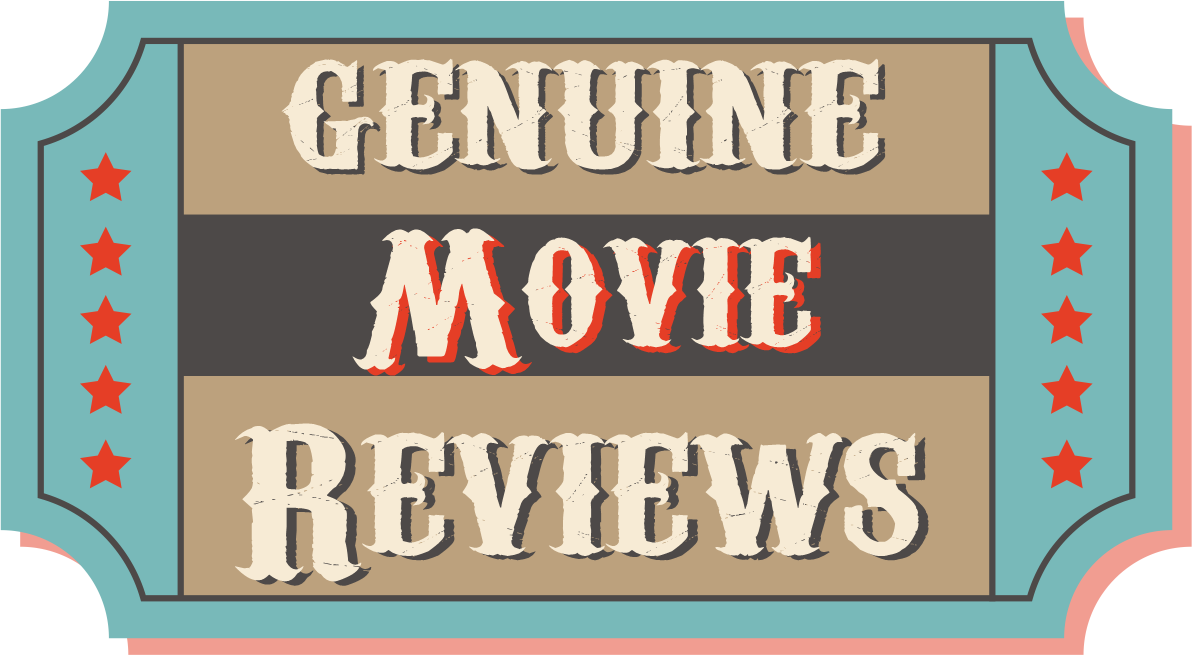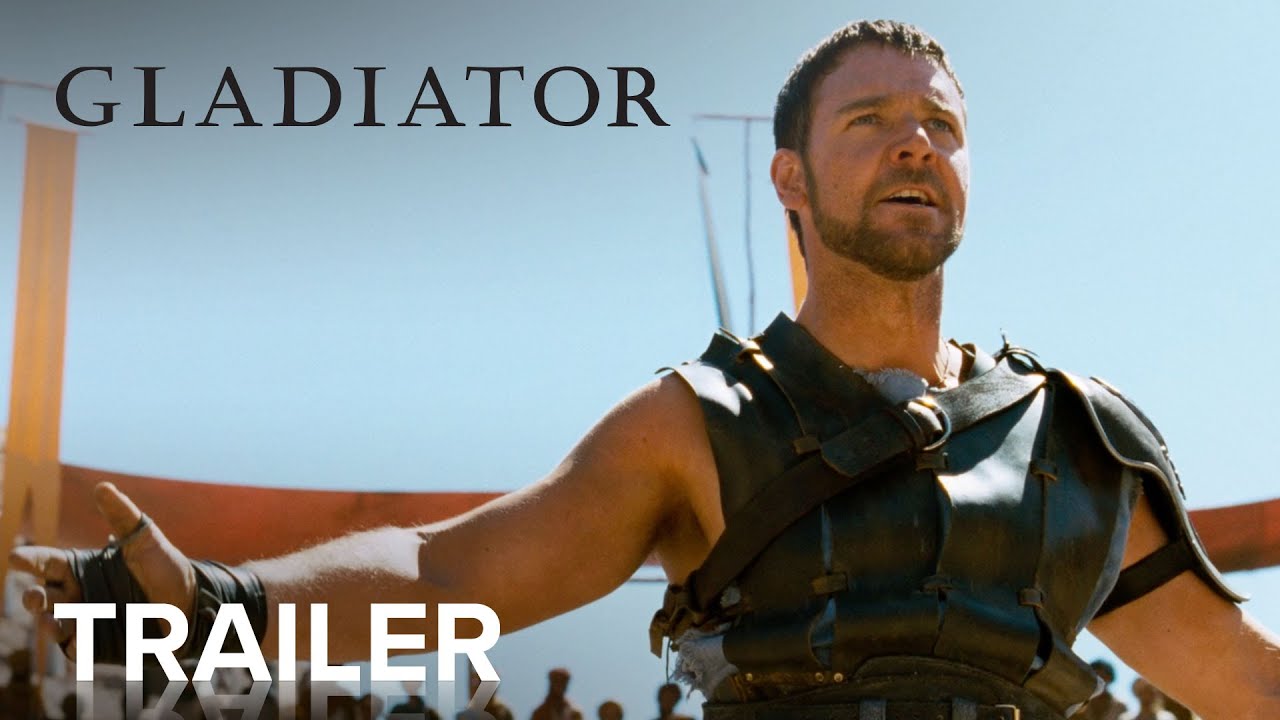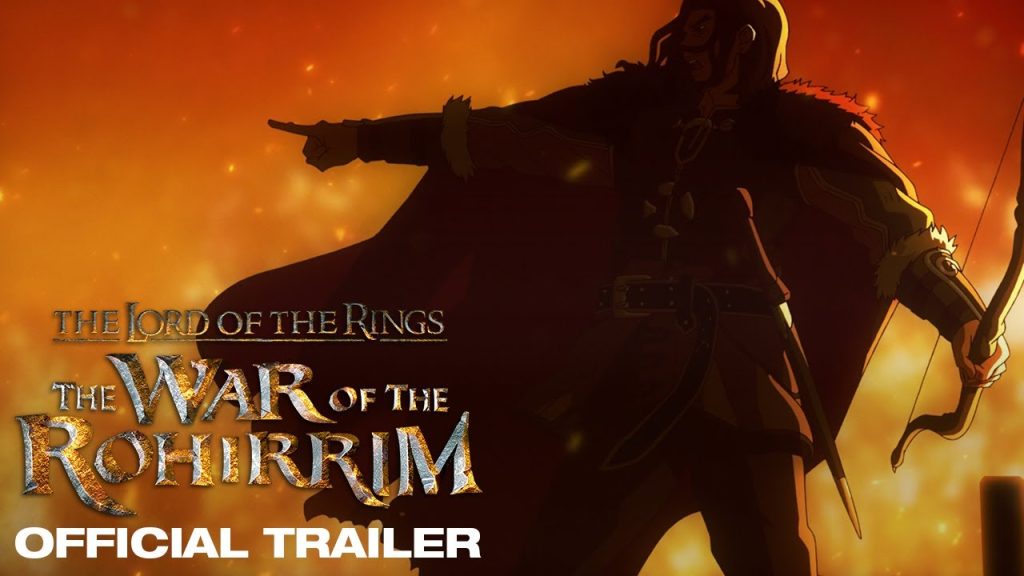When Ridley Scott’s Gladiator first thundered onto the big screen in 2000, it wasn’t just another historical epic; it redefined the genre for a new generation. With its sweeping scenes of ancient Rome and a gripping narrative that blends action with emotion, the film quickly captivated audiences worldwide. At the heart of this cinematic phenomenon is the tale of Maximus Decimus Meridius, a once-powerful Roman general turned vengeful gladiator, portrayed with intense passion by Russell Crowe.
The movie’s impact extends beyond its initial box office success, sparking discussions about historical authenticity versus cinematic spectacle. As it continues to be a reference point for filmmakers and enthusiasts alike, along with a much anticipated sequel, Gladiator II being released later in 2024, revisiting Gladiator two decades later offers a fresh perspective on its artistic and cultural significance. This review delves into why Scott’s masterpiece still resonates with audiences and remains a pivotal piece in the evolution of epic cinema.
Features
Ridley Scott’s “Gladiator” is renowned not only for its compelling narrative but also for its impressive cinematographic and musical accomplishments, alongside the engaging, although controversial, use of historical elements. Each feature contributes uniquely to the film’s dramatic impact and enduring appeal.
Cinematography
The cinematography of “Gladiator” is a masterpiece of visual storytelling, crafted by director of photography John Mathieson. The film’s visual style is marked by its sweeping landscapes and majestic battle scenes that transport viewers back to the Roman Empire. Notably, the opening sequence in the Germania battle uses a combination of shaky cam and normal cinematography to immerse viewers in the chaos of war. The coliseum scenes are equally impressive, using a mix of wide shots and tight close-ups to capture the grandeur and the intensity of the gladiatorial games. Mathieson’s use of natural lighting and a muted color palette also highlights the brutality and the stark realities of the era.
Musical Score
Composed by Hans Zimmer in collaboration with Lisa Gerrard, the musical score of “Gladiator” is both haunting and uplifting. The score skillfully blends traditional orchestration with ancient regional influences, creating an auditory experience that significantly enhances the emotional and dramatic moments of the film. Tracks like “The Battle” and “Now We Are Free” have achieved iconic status, instantly recognizable and often associated with the film’s most poignant scenes. The music not only complements the on-screen action but also deepens the viewers’ emotional engagement with the characters’ journeys.
Historical Accuracy
While “Gladiator” is celebrated for its artistic achievements, it has been critiqued for taking considerable liberties with historical facts. The portrayal of various historical figures and events does at times prioritize dramatic storytelling over accuracy. For instance, the character of Commodus, played by Joaquin Phoenix, is depicted as a much more malevolent and less competent leader than historical records suggest. Additionally, the film embellishes the life of Maximus for narrative purposes, creating a character who is more a vehicle for storytelling than a person who mirrors the true complexities of Roman history. Despite these deviations, these elements serve to enhance the film’s narrative structure and dramatic depth, contributing to its success as a cinematic spectacle rather than a precise historical document.
Performance
“Gladiator,” directed by Ridley Scott, stands out not only for its epic storytelling but also for the flawless performances that bring the characters to life. The film’s authentic depiction of ancient Rome is vividly rendered through both its cast’s powerful portrayals and the director’s acute attention to detail.
Cast and Character Analysis
The film’s success is heavily anchored on the performances of its cast, particularly Russell Crowe as Maximus Decimus Meridius. Crowe embodies a fallen Roman general turned gladiator with a depth of emotion that captures the audience’s empathy from his first appearance on screen. His journey from a respected general to a vengeful gladiator seeking justice for the murder of his family is portrayed with both grit and vulnerability, earning him the Academy Award for Best Actor.
Joaquin Phoenix’s portrayal of Commodus, the antagonist, is equally compelling. Phoenix delivers a complex character whose villainous traits include envy, insecurity, and a desperate crave for validation. His performance invites viewers to understand the psychological background of his actions rather than seeing him merely as a pernicious villain.
Supporting roles, such as Connie Nielsen as Lucilla and Djimon Hounsou as Juba, add significant depth to the story, enriching the film’s tapestry with their nuanced performances. Their characters offer differing perspectives on Rome’s politics and culture, providing a broader understanding of the movie’s historical context.
Directorial Execution by Ridley Scott
Ridley Scott’s direction in “Gladiator” showcases his mastery in crafting large-scale cinematic spectacles that resonate emotionally with the audience. Scott’s meticulous approach to the blending of historical epic traditions with innovative film-making techniques marked a rejuvenation in the genre.
His use of sweeping panoramas, tight close-ups, and a dynamic pace keeps the narrative engaging throughout its lengthy runtime. Scott’s ability to juxtapose brutal battle scenes with intimate drama ensures that each moment feels meaningful and essential to the storyline. This equilibrium not only entertains but also emphasizes the thematic depth of honor, loyalty, and revenge that underpin the film.
Moreover, Scott’s collaboration with production designers and visual effects teams allowed for the creation of the grandiose yet believable settings of Ancient Rome, from bustling streets to the majestic Colosseum. This authentic re-imagining of the historical setting serves as a vital backdrop that enhances the storytelling.
Advantages
“Gladiator” boasts numerous advantages that contribute to its status as a modern classic in the historical epic genre. Its engaging storyline and exceptional acting performances stand out as key factors in its critical and commercial success.
Engaging Storyline
The storyline of “Gladiator” is compelling and richly layered, drawing viewers into the vibrant yet brutal world of ancient Rome. The film masterfully weaves personal tragedy and political intrigue, creating a narrative that is both expansive and deeply personal. As viewers follow Maximus’ journey from respected Roman general to a vengeful gladiator, they encounter a range of themes including betrayal, revenge, and redemption. This broad appeal ensures that the film resonates with a diverse audience, maintaining tension and interest throughout its runtime. The plot’s progression and pivotal scenes, like the iconic “Are you not entertained?” arena battle, serve to anchor the film’s larger historical and emotional context, making it not just a story of personal revenge but a dramatic exploration of power and morality.
Exceptional Acting Performances
Russell Crowe’s portrayal of Maximus Decimus Meridius is undoubtedly a centerpiece of “Gladiator.” His powerful performance captures the complexity of his character’s internal struggle and physical presence, making Maximus both relatable and awe-inspiring. Joaquin Phoenix adds depth to the narrative with his portrayal of Commodus, blending vulnerability with malevolence in a manner that is both captivating and unsettling. This dynamic performance earned him critical acclaim and solidified his position as a versatile actor in Hollywood. Supporting actors, including Connie Nielsen as Lucilla and Djimon Hounsou as Juba, provide additional layers to the story, enhancing its emotional and cultural depth. Their performances contribute significantly to the film’s authenticity and emotional impact, ensuring that the audience is emotionally invested in their journeys. The combined efforts of the cast not only enrich the narrative but also elevate the film’s overall quality, making it a standout example of exceptional acting in a historical epic.
Disadvantages
While Ridley Scott’s “Gladiator” is undeniably a masterpiece in the historical epic genre, it is not without its faults. Some viewers may find certain aspects less appealing, which could detract from their overall appreciation of the film.
Historical Inaccuracies
Despite its cinematic brilliance, “Gladiator” has been criticized for its loose adherence to historical facts. Historians and classical scholars point out several inaccuracies in the depiction of both events and characters. For instance, the portrayal of Commodus, played by Joaquin Phoenix, is significantly dramatized. In reality, Commodus ruled for over a decade, unlike the brief and turbulent reign shown in the movie. Additionally, the character of Maximus Decimus Meridius, portrayed by Russell Crowe, is entirely fictional, which might disappoint those viewers who prefer historical authenticity. These creative liberties may enhance the dramatic narrative but could mislead audiences about the actual historical events of the Roman Empire.
Length of the Movie
Another potential downside to “Gladiator” is its length. Running at approximately 155 minutes, some audience members might find the film overly lengthy. While the extended duration allows for in-depth character development and elaborate battle scenes, it could be taxing for viewers with shorter attention spans or those who prefer more succinct storytelling. This extended runtime may lead to a feeling of pacing issues, where some sections of the film seem drawn-out, potentially affecting the viewer’s engagement and overall entertainment experience.
Comparison
Ridley Scott’s “Gladiator” is often compared to other films in the historical epic genre to gauge its impact and uniqueness. Let’s examine how it stands alongside other similar movies.
Similar Historical Epics
“Gladiator” shares the screen with several noteworthy peers, like “Braveheart” and “Troy,” both of which also explore themes of heroism, betrayal, and the quest for freedom. Mel Gibson’s “Braveheart,” which won the Academy Award for Best Picture in 1995, follows William Wallace’s rebellion against the King of England, boasting epic battle scenes much like those in “Gladiator.” However, “Gladiator” is often praised for its more polished visual effects and a richer portrayal of ancient culture, positioning it differently in the eyes of historical accuracy critics.
On the other hand, Wolfgang Petersen’s “Troy,” based on Homer’s “Iliad,” involves large-scale set pieces and a complex narrative intertwining fate and personal vendetta. While “Troy” excels in depicting the grandeur of ancient Greece, “Gladiator” creates a more intimate connection with its audience through a deeper emotional engagement with its characters, particularly through Russell Crowe’s celebrated performance as Maximus.
Both “Braveheart” and “Troy,” like “Gladiator,” take significant creative liberties with history, which tends to polarize purists who prefer accuracy over dramatization. Despite this, these films have carved their niche within the epic genre, each standing out through individual strengths – “Braveheart” for its raw emotional pull and “Troy” for its intricate storytelling and production scale. “Gladiator,” maintains a unique position owing to Scott’s directorial finesse and the compelling comeback story of its protagonist, which amplify its classic status in cinematic history.
Hands-on Experience
Diving deeper into Ridley Scott’s “Gladiator,” the hands-on viewing experience reveals more layers about its presentation and impact. Watching the film in various formats offers distinct perspectives and showcases the versatility of this cinematic masterpiece.
Watching the Film in Different Formats
“Gladiator” is a film that lends itself exceptionally well to different viewing formats, each offering a unique experience. On a standard DVD, the film presents with good quality, but it’s in high-definition Blu-ray where the details of the Roman battlegrounds and the intricate designs of the costumes come alive, making it a visual feast. The 4K UHD version elevates this further, with enhanced picture clarity that practically transports the viewer into the heart of ancient Rome.
Streaming platforms provide accessibility and convenience but vary in quality depending on the service provider. Some services offer “Gladiator” in high definition, which can match the experience of Blu-ray to some extent, particularly if the viewer has a high-quality home theater setup.
Viewing the film in a theater, however, is an unparalleled experience. The grand scale of the coliseum scenes and the roaring crowd sounds envelop the viewer, thanks to the superior sound systems typical in modern cinemas. This format not only emphasizes the epic scale of the battles but also enhances the emotional performances of the cast, making it a highly immersive experience.
Regardless of the format, each version of “Gladiator” offers something special, ensuring that all types of audiences can appreciate its cinematic qualities.
Conclusion
Ridley Scott’s “Gladiator” remains a compelling spectacle in the realm of historical epics. Despite its historical liberties, the film’s emotional depth, anchored by strong performances and Scott’s skilled direction, ensures it continues to resonate with audiences. Whether experienced in the theater or through various home formats, “Gladiator” offers a rich, immersive experience that celebrates the art of cinema. It’s a testament to the enduring appeal of stories that combine personal struggle with larger-than-life stakes. Nearly 25 years later, Ridley Scott attempts to recapture the essence of his historical masterpiece, in a long awaited sequel, which fans and critics alike hope can live up to the timeless original.



 RELATED POSTS
RELATED POSTS





0 Comments